Mental health professionals do not recognize high functioning anxiety as a disorder. The term is a catch-all, referring to people who experience anxiety but, despite it, feel like they can function reasonably well in one or more areas of their lives. People with anxiety are sometimes characterized as having a high level of functioning and may be successful at work, excel in sports or excel in other areas. People who suffer from anxiety disorders still face a number of challenges.
Many typical symptoms of anxiety are experienced by individuals with high functioning anxiety, including excessive worry, fear, overthinking, and poor sleep. Many types of anxiety can be treated effectively with medication.
There are several treatment options available for high functioning anxiety as discussed in this article.
Read: Effects of Election’s Anxiety on Mental Health
What is high functioning anxiety?
There is a distinct lack of research in this area, as doctors do not recognize high functioning anxiety as an anxiety condition. But many people who suffer from anxiety symptoms consider themselves high functioning. The term typically refers to being able to cope well with their everyday lives.
People who suffer from anxiety disorders experience it in different ways. Medical professionals have recognized that anxiety disorders are a spectrum. Many people may experience mild distress or impairment while others may experience moderate or severe symptoms.
There is a possibility that high functioning individuals will experience mild impairment. Alternatively, a person may suffer from subclinical anxiety, which occurs when a person does not meet the diagnostic criteria for anxiety, but still experiences anxiety symptoms. There are several subclinical anxiety symptoms one may experience:
- Mild
- Atypical
- Hidden
- Recurring but brief
The majority of high functioning anxiety sufferers appear calm and confident to others, as well as hiding their symptoms. They might even be driven by anxiety to accomplish rather than hold themselves back.
They may feel fear or worry or be obsessive on the inside, however. It is possible to overthink and have difficulty relaxing. This may lead to sleep disturbances or eating disorders. People with anxiety symptoms can suffer significant and long-term health effects as well as damage to their relationships.
Read: Difference Between Stress and Anxiety
High-functioning anxiety and depression
There is a close relationship between anxiety and depression, and both disorders can exist at the same time. Study results revealed that 53% of patients with major depression also had significant anxiety, a condition known as anxious depression.
According to Dr. Hamdani, anxiety can bleed into depression when it is high-functioning. When patients experience difficulty getting out of bed, difficulty sleeping, or the feeling that life is uninteresting, they’ll seek help.
According to Dr. Hamdani, both conditions can lead to high-functioning anxiety, but high-functioning anxiety can also lead to depression, so it is important to consider how they work together and then treat them accordingly.
There are a number of effective treatments available to help you if you feel like you may be suffering from depression.
High functioning anxiety symptoms
The medical field cannot predict how high functioning anxiety might manifest or how it might affect people who suffer from it without sufficient research.
The anecdotal evidence suggests that people with high functioning anxiety might not suffer any obvious symptoms that negatively affect their functioning. Many classic anxiety symptoms exist in them, but they may be milder in intensity.
The following are possible symptoms:
- Anxiety, fear and worry
- Frustration and irritability
- Inability to relax
- Perfectionist tendencies
- Overachieving
- Having a fear of failing or being judged
- Constantly wanting to be busy
- Overanalyzing and overthinking
- Fear of the future (anticipatory anxiety)
- Rapid breathing and a rapid heartbeat
- Trouble sleeping
- Changes in appetite
- Digestive issues
High functioning anxiety causes
Medical professionals may not understand what causes high functioning anxiety because there is not enough research in the area. Still, some people may present with anxiety disorders this way.
It is not entirely understood why anxiety disorders occur, but several factors, such as the following, play a role in their development:
- Genetics: Anxiety disorders and other conditions with a family history are more prevalent among those with a history of mental health issues.
- Personality: A childhood trait of apprehension or shyness when faced with new situations can cause anxiety disorders later in life.
- Exposure to stress: Any stress or trauma may lead to anxiety disorders.
- Other health conditions: Anxiety symptoms can be triggered or worsened by underlying physical health problems, such as thyroid problems. It is also possible to develop anxiety disorder if you have another mental health disorder.
- Drug or alcohol use: When drugs or alcohol are misused or removed, anxiety can result.
Read: Nocturnal Panic Attack
How does it relate to depression?
It is possible that high functioning anxiety may be linked to depression. Approximately 60% of those affected by anxiety will also experience depression, according to the National Alliance for Mental Illness (NAMI). Additionally, people may be at an increased risk of depression if they don’t seek treatment for chronic stress and anxiety. About 36.9% of those with anxiety disorders receive treatment for their condition.
However, they may be less likely to get treatment if they have high functioning anxiety. Often, individuals seek treatment only after they find it increasingly difficult to cope with their symptoms. Anxiety patients often manage to cope well in some areas of their lives. Symptoms may also only prompt individuals to seek help when they recognize that there is a problem. Anxiety sufferers may view perfectionist tendencies as positive behaviors that help them advance and succeed.
Nevertheless, chronic anxiety can adversely affect a person’s mental health and self-esteem, which could potentially lead to depression.
Diagnosis
There is no recognized disorder for high functioning anxiety, so doctors cannot diagnose it. There are many forms of anxiety, and some people may experience it in this manner.
Doctors first conduct a physical test to identify underlying medical conditions causing anxiety symptoms when diagnosing a recognized anxiety disorder, such as generalized anxiety disorder or social anxiety disorder. An evaluation by a mental health professional may be necessary if a doctor fails to find an underlying cause.
People with high functioning anxiety may find it difficult to diagnose an anxiety disorder. An anxiety disorder is defined as an impairment of functioning or distress in an important area of functioning according to the Diagnostic and Statistical Manual for Mental Disorders (DSM-5) of the American Psychiatric Association.
This impairment is often not obvious in individuals with high functioning anxiety. However, it may significantly affect the quality of their lives. Individuals should ensure that their doctors have a comprehensive understanding of their life and feelings.
Read: Stranger Anxiety
High functioning anxiety treatment
The primary treatments for anxiety disorders are psychotherapy and medications. Many people require a combination of the two to feel better.
Psychotherapy
Those suffering from anxiety symptoms can benefit from therapy, or talk therapy. Various types of therapy can help people reduce anxiety. Anxiety disorders can be effectively treated with cognitive behavior therapy (CBT), for instance. People with anxiety disorders benefit from cognitive behavioral therapy, which calms their anxious thoughts and gradually confronts situations triggering their anxiety.
Besides teaching deep breathing and meditation techniques, a therapist can also teach people progressive muscle relaxation to help manage their anxiety symptoms. High functioning anxiety can be effectively managed through many forms of therapy.
Medication
Anxiety can be treated with a number of medications. Some of these include:
- Antidepressants
- Anxiety-relieving drugs like buspirone
- Benzodiazepines, for short-term stress relief
Some medications may work better than others for controlling a patient’s symptoms and finding the best dosage or medication may take some trial and error.
Read: Separation Anxiety Disorder
When to see a doctor
Contact your doctor if you experience any of the following symptoms:
- Frequent anxiety symptoms
- You will not be able to control the anxiety symptoms
- Anxiety can affect their health, personal relationships or self-esteem
- Many people cope with their anxiety with alcohol or drugs
- This leads to depression and other mental illness symptoms
Anxiety can be treated effectively. It is important to seek help early.
Eliminate stigma
People find it hard to reach out to you when they feel alone and isolated. It may become easier for people to seek treatment for high functioning anxiety if more people talk about and identify with it.
It is possible to reduce stigma by considering anxiety in both its positive and negative aspects. Everybody experiences anxiety at some point in their lives. Society can now highlight when people with anxiety are able to lead full, productive lives when stigma has been reduced, rather than seeing anxiety as a weakness.
Read: Self-Stigma
Summary
There is no specific diagnosis for high functioning anxiety among medical professionals. In reality, anxiety is a spectrum, and it will present in different ways for different people. Consequently, some may not experience any anxiety symptoms at all.
An individual with high functioning anxiety can still experience significant challenges, however, treatment can facilitate the management of their symptoms and assist the individual in feeling better. If you think you have anxiety, you should discuss your treatment options with your doctor.
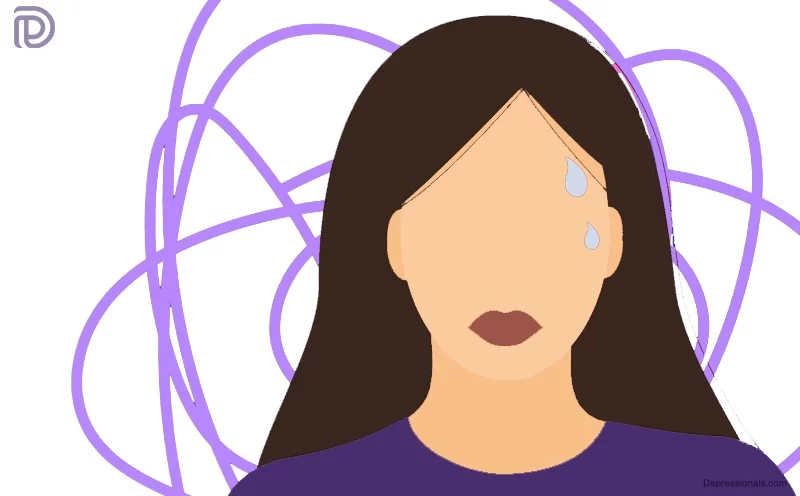
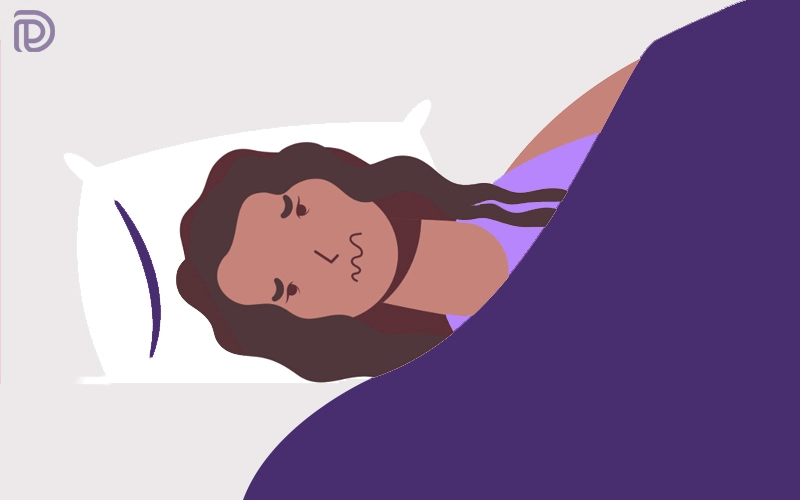
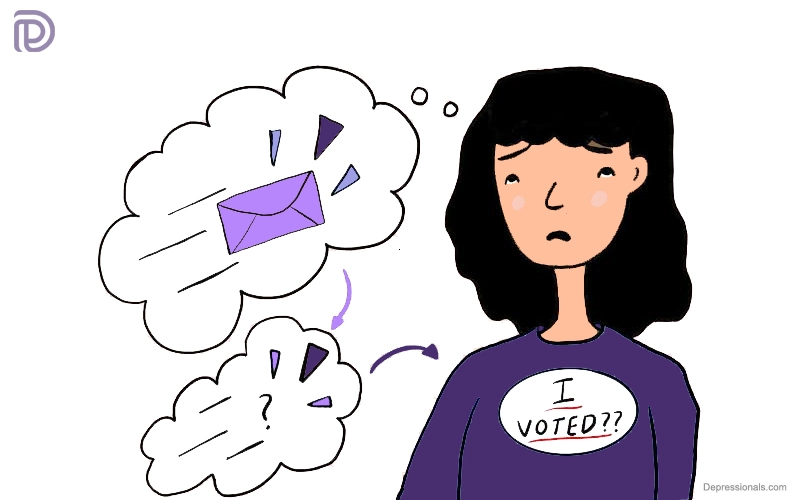
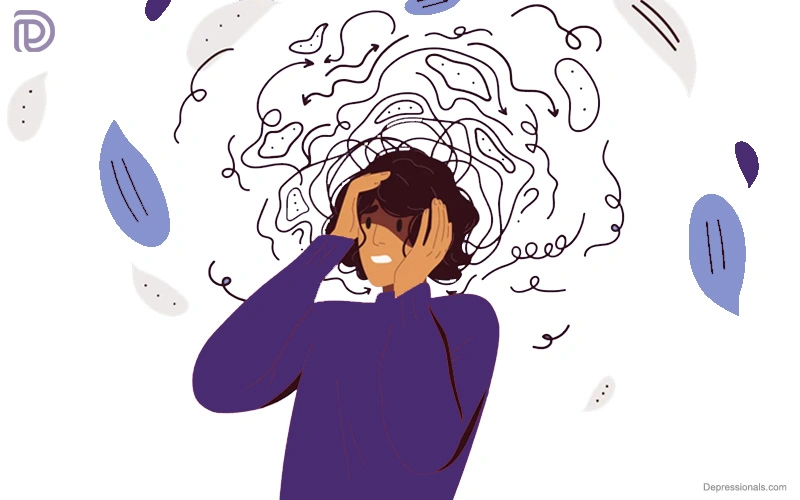
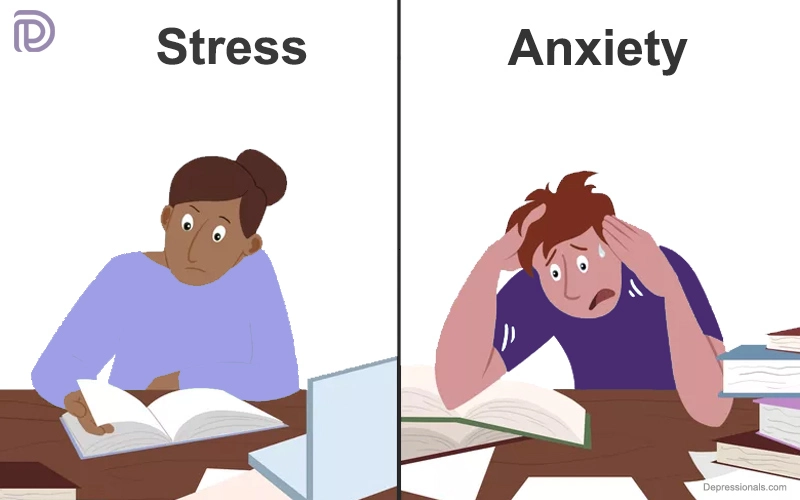

Absolutely indited subject material, thankyou for entropy.